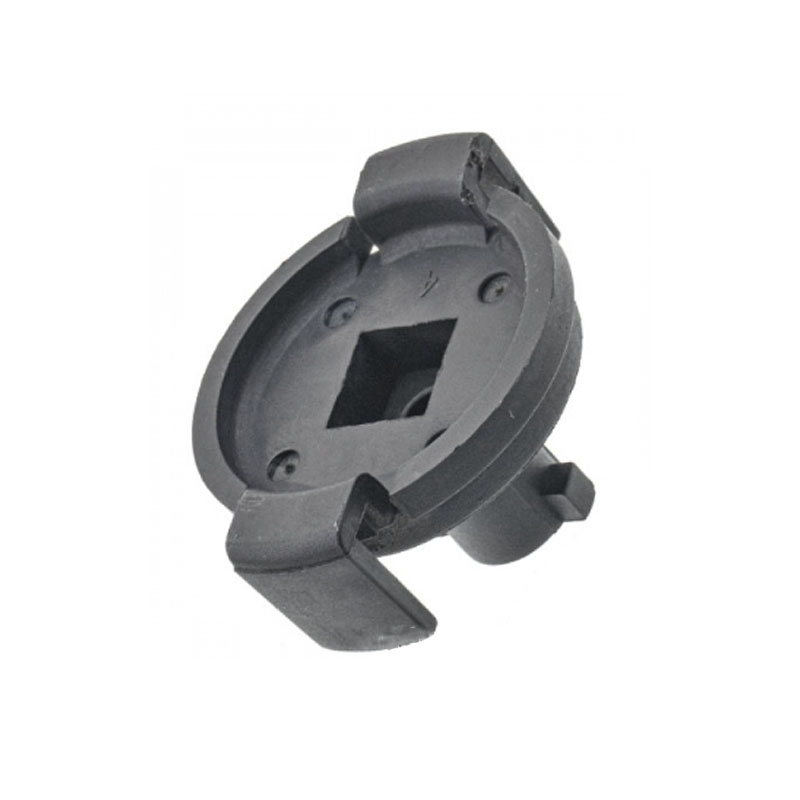leaking oil filter housing gasket
Understanding Leaking Oil Filter Housing Gasket Causes, Symptoms, and Solutions
The oil filter housing gasket plays a crucial role in ensuring that the engine operates smoothly and efficiently. This small yet significant component seals the connection between the oil filter and the engine, preventing oil leaks. However, like many automotive parts, it can wear out over time, leading to leaks that can cause serious issues for your vehicle. Understanding the causes, symptoms, and solutions related to a leaking oil filter housing gasket is essential for all vehicle owners to maintain their engines in optimal condition.
Causes of a Leaking Oil Filter Housing Gasket
Several factors can contribute to a leaking oil filter housing gasket. One common cause is the deterioration of the gasket material. Over time, heat, oil exposure, and vibrations can cause the gasket to become brittle or cracked, leading to an inadequate seal. Additionally, improper installation can cause leaks. If the gasket is misaligned or not tightened to the correct specifications, it may not create a proper seal, allowing oil to escape.
Another significant factor is temperature fluctuations. Extreme heat from the engine can cause the gasket to expand and contract. This cycle can weaken the gasket and lead to leaks over time, especially in older vehicles. Environmental conditions, such as exposure to road salt or other corrosive substances, can also affect the integrity of the gasket.
Symptoms of a Leaking Oil Filter Housing Gasket
Identifying the symptoms of a leaking oil filter housing gasket early can save you from expensive repairs down the road. One of the most noticeable signs is the presence of oil spots under your vehicle, especially after it has been parked for a while. If you notice oil leaks, it’s essential to investigate promptly.
Another symptom is a drop in oil pressure. If the oil filter housing gasket is leaking, it can cause a reduction in oil pressure, which may lead to engine damage if not addressed. Keep an eye on your vehicle’s oil levels as well; if you find that you need to add oil more frequently, it could indicate a leak.
leaking oil filter housing gasket

Additionally, you may experience unusual engine noises or a burning smell if oil leaks onto hot engine parts. This not only poses a risk to the engine's longevity but also increases the risk of fire.
Solutions to a Leaking Oil Filter Housing Gasket
If you suspect that your vehicle has a leaking oil filter housing gasket, it’s essential to address the issue as soon as possible. Ignoring the leak can lead to more severe engine problems, potentially costing you thousands in repairs.
The first step in resolving the problem is to inspect the gasket for visible signs of wear or damage. If the gasket appears cracked or brittle, it will need replacement. This process usually involves removing the oil filter, cleaning the surfaces thoroughly, and installing a new gasket. Ensure you follow the manufacturer’s specifications for torque settings to prevent future leaks.
If you’re not comfortable performing the repair yourself, it’s always best to consult a professional mechanic. They can provide a thorough inspection, identify the root cause of the leak, and carry out necessary repairs.
Conclusion
A leaking oil filter housing gasket is not just a minor inconvenience; it can lead to significant engine damage if not addressed promptly. Understanding the causes and symptoms is the first step in maintaining your vehicle’s health. Regular maintenance checks, including inspecting the oil filter and gasket, can help prevent leaks before they become a problem. If you notice any signs of a leak, take action immediately to ensure the longevity and performance of your engine. Taking care of your vehicle today will save you time, money, and stress in the long run.
-
Understanding the Front Main Engine Seal: Purpose, Maintenance, and Installation
News Jul.29,2025
-
Understanding O-Rings and Seal Rings: Types, Applications, and Custom Solutions
News Jul.29,2025
-
Understanding Crankshaft Oil Seals: Rear Seals, Pulley Seals, and Their Role in Engine Integrity
News Jul.29,2025
-
The Importance of Front and Rear Crankshaft Seals in Engine Performance and Oil Management
News Jul.29,2025
-
Crank Oil Seals: Functions, Types, and Cost Considerations in Engine Maintenance
News Jul.29,2025
-
A Comprehensive Guide to O-Rings and Seals: Types, Materials, and Global Applications
News Jul.29,2025
-
Mastering Diesel and Performance Engine Maintenance: A Guide to Critical Oil Gaskets
News Jul.28,2025
Products categories















